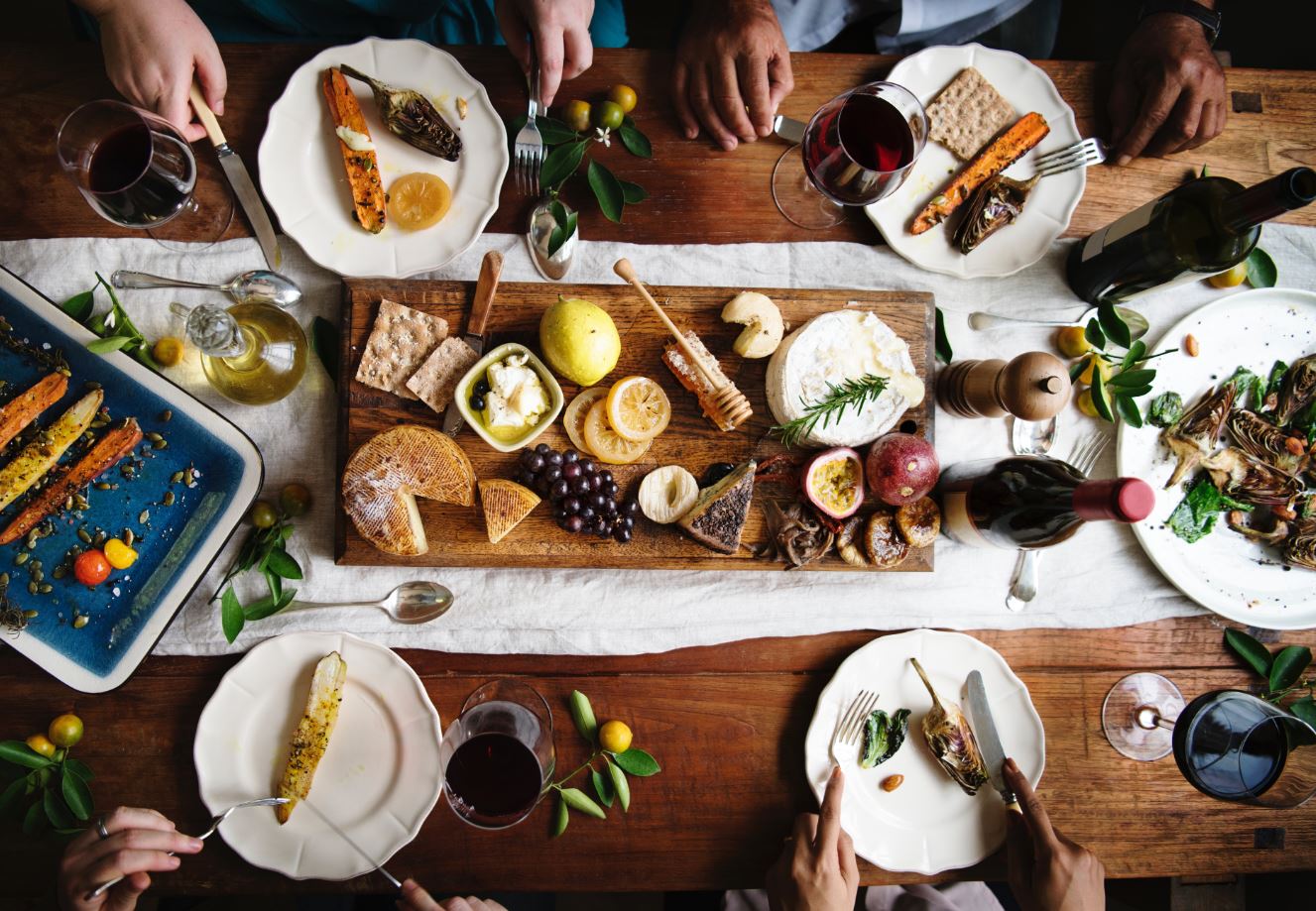There are many people who prefer their food without a side helping of politics. And rightly so, there’s nothing that kills the atmosphere of a shared meal with delicious food more than a tense conversation about politics, unless you’re into that kind of thing.
But the idea that food can ever be entirely separate from politics is a false one. From trade agreements, subsidies to farmers, public health campaigns, and marketing laws – political decisions are everywhere. It is perhaps most poignant in deciding who can and can’t afford such a basic life staple. Austerity in the UK, implemented by the Tory policies of the last few years, has left thousands in the UK below the breadline and many people choosing food banks, even while in work. Political decisions can take away your choice to eat the food you want to eat, never mind remove the option for you to support a more ethical supply chain.
More recently, the Brexit vote and ensuing constitutional crisis has led to very real threats to food businesses that import from Europe, including organic veg box company Riverford, as well as UK farms that rely on Eastern European labour for seasonal picking jobs. Then there are the high standards for food, both on animal welfare and pesticide residues, once taken for granted, and now apparently up for grabs under any kind of trade deal with the US.
That’s before you even get to climate change, which as the accelerating number of reports charting its impact on humans, planet and animals regularly point out, is arguably becoming not just political, but existential. Climate action has centred around political lobbying, because as such a critical issue it is vital that governments and businesses, and not just individuals act.
Political doesn’t always have to mean ‘Party’ political, although it is notable that it was Labour’s motion that led to the UK declaring a climate emergency, and the Green party has, of course, been leading on environmental policies for years. Michael Gove’s re-focus on the environment has been welcomed, despite his rather long-term targets, while Theresa May was noticed only through her absence, and the only party leader not to appear, at the meeting with teenage activist Greta Thunberg, who has founded a global youth movement to demand climate action.

Engaging with food politics in no way diminishes the simple and genuine pleasure that comes from enjoying good food. A piece about the joy of eating a good meal in good company is equally valuable as a piece about the impact of Brexit on food prices.
That was part of the premise behind Wicked Leeks, building on Riverford’s long history in talking directly to customers about the realities of food production, and the issues that affect it. Founder Guy Singh-Watson’s newsletters range from topics such as the impact of a warm spring on his new-season lettuces, to calls to political leaders to take leadership on climate change, or highlighting the power of multinational agrochemical corporations.
But it’s no longer enough to hear just one voice. Making the connection between the uprising of mass movements such as Extinction Rebellion and the everyday realities of growers who face water shortages, and extreme weather patterns, or the small steps to welcome wildlife to gardens, helps to illustrate the inherent connection between all these things. The fact is that climate change is already having a direct impact on food production, and crucially, it will only get worse.
We need to see the links between what we will experience tomorrow, including what we will eat and where it will come from, with decisions being made today and our ability to influence them.
As unpalatable as it may seem to talk about politics next to a recipe, perhaps that is exactly what is needed.















I couldn’t agree more and ~I am so pleased that Wicked Leeks not only features articles on well known topics such as organic food production but also makes clear the links between food and lifestyle choices and politics in a way that can inspire us all to lobby decision makers ourselves or to support new persuasive movements such as extinction rebellion. In short it give me hope- so thanks very much!
Thanks Nickyrids, it is so necessary right now that these connections are being made and people feel inspired to make positive change happen.